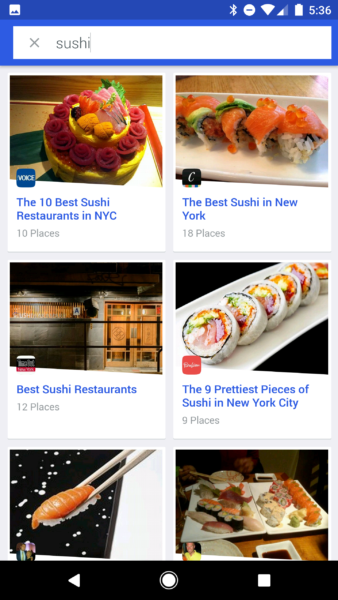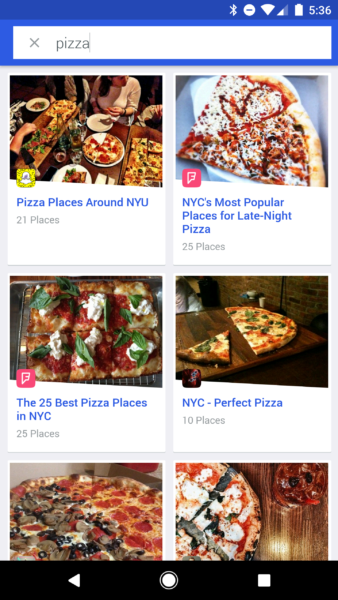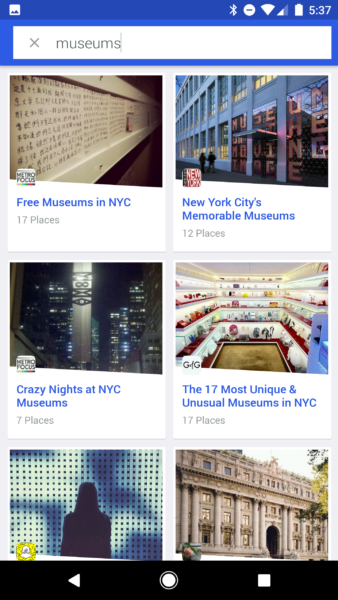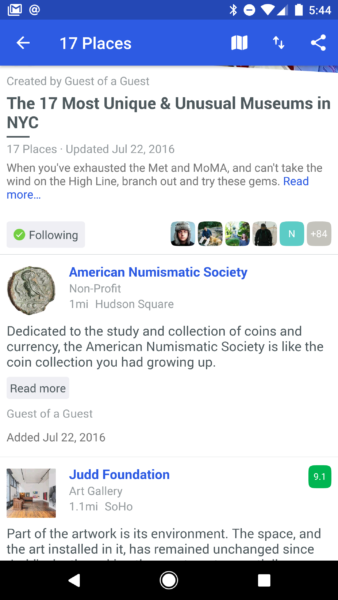Tap
Our portfolio company Wattpad, which allows people to write and read stories on their phones, recently launched an entirely new mobile reading (and writing) experience called Tap. In Tap, the stories unfold like you are watching someone text with you. It’s an entirely new way of writing and reading stories and I haven’t seen anything take off like this in a while.
In just a couple weeks since launching, Tap has achieved all of this:
-
Over 100 million taps in the first week
-
25,000 user-generated Tap stories created in the first weekend
-
40 Tap by Wattpad stories already have more than 1 million taps each
-
#2 – Top Free Apps (Books Category) in the U.S. App Store (and as high as #1 in the books category and Top 40 overall)
-
#7 – Top Free Apps (Books & Reference Category) in the U.S. Google Play Store
While Wattpad replicated the feeling of writing and reading traditional stories (like books) on a phone with its Wattpad app, the Tap storytelling is an entirely new experience and replicates how people communicate on phones. It will be interesting to see how the two separate experiences (Wattpad and Tap) perform over time and whether there is any movement by writers and readers back and forth between the two.





